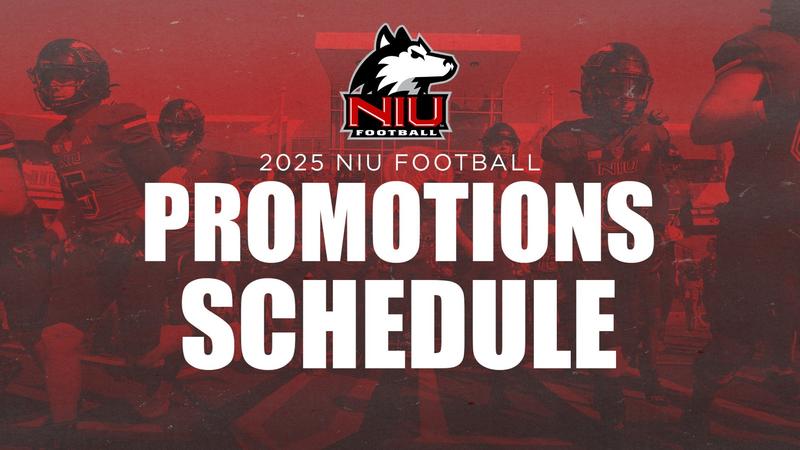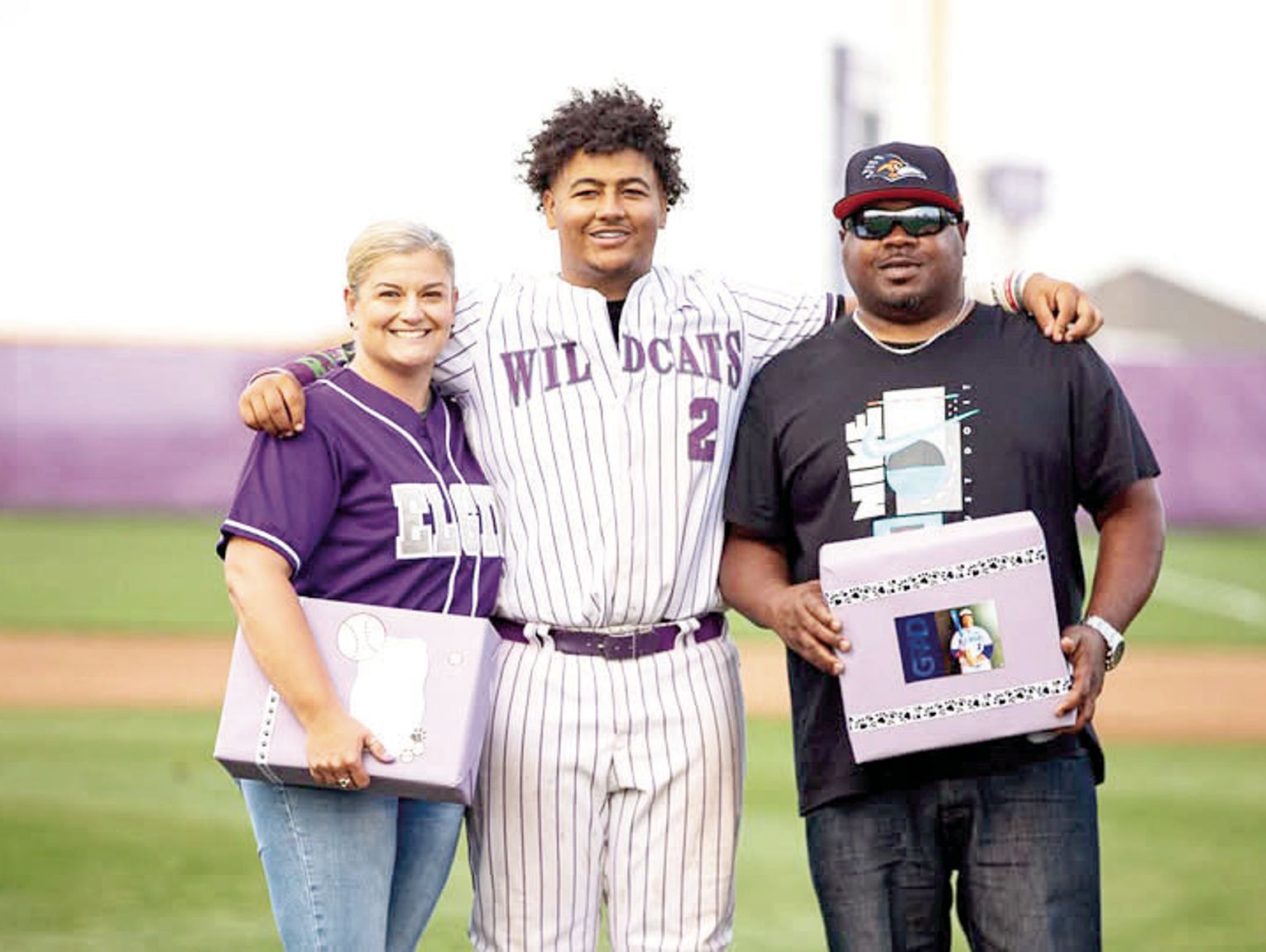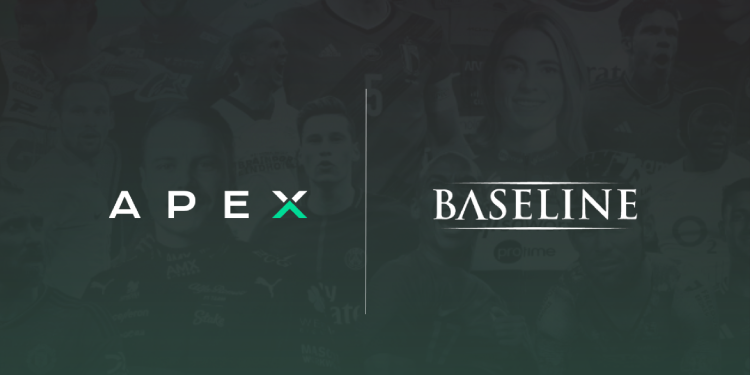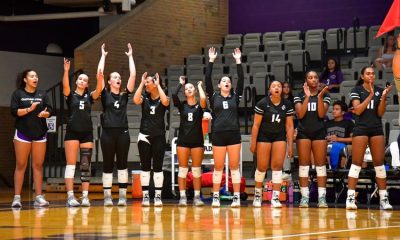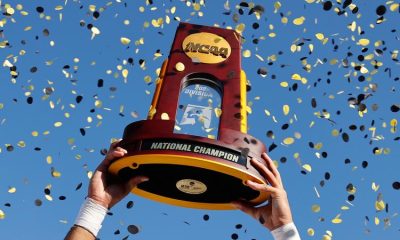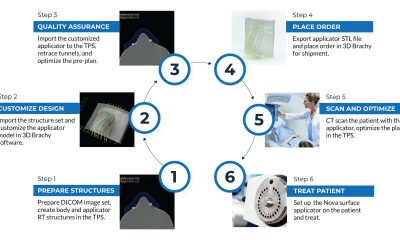SPORTS COLUMN
Name, image and likeness, or NIL, has taken the college sports world by storm.
Now, nearly every commitment by a high school prospect or transfer portal player is immediately followed by speculation about how much money was offered — or what other schools were willing to pay.
But the problem with NIL has never been the money itself. College athletes deserve to be compensated. The issue lies in the NCAA’s lack of regulation.
Without clear guidelines, standard contracts or uniform expectations — like those in professional leagues — NIL has become a free-for-all. Athletes can renegotiate deals or switch programs every offseason with few restrictions.
This lack of structure has made life far more difficult for college coaches. Each year, they must re-recruit their own roster, decide how to allocate NIL funds and still try to land top high school and transfer portal talent. It’s a juggling act that leaves little room for roster continuity or long-term planning.
Implementing contracts that span a player’s remaining eligibility would help bring stability to the system.
Yes, some argue that student-athletes should have the same freedom to transfer as any other college student — but regular students aren’t being paid to represent a university on the field.
That said, graduate transfers should remain an exception.
If a student-athlete earns their degree, they should be free to transfer without restriction. Graduation reflects a full academic and athletic commitment — and those individuals deserve the freedom to pursue new opportunities, whether athletic, academic or financial.
Set contracts would also lead to more transparency. If NIL deals are formally negotiated and binding, it would protect both schools and athletes.
There have already been multiple cases where players were promised a certain amount of NIL money, only to discover later that the funds never materialized. With enforceable agreements, these situations would be far less common.
Contracts would also help promote team loyalty. As a lifelong LSU fan, I’ve seen the revolving- door effect firsthand. In the NIL era, players come and go at a staggering rate. Growing up, I watched legends like Patrick Peterson, Eric Reid, Leonard Fournette and Derek Stingley Jr. suit up for the Tigers year after year. That kind of continuity helped build deeper fan connections. You knew who the stars were, and you watched them grow over multiple seasons.
That’s no longer the norm. This past offseason alone, LSU brought in 20 players from the transfer portal and lost 26.
Even the top performers are willing to jump ship. Defending national champion Ohio State, for example, added star safety Caleb Downs from Alabama, standout running back Quinshon Judkins from Ole Miss and several others from top programs.
There are still positives in the new system, and that’s worth acknowledging — especially for athletes from smaller schools or under-the-radar programs.
Former Elgin High School standout Braylon Owens, for instance, transferred from Texas State to UT-San Antonio, where he played a pivotal role in the Roadrunners’ upset of Texas in the NCAA regionals.
That performance helped propel him into the 2025 MLB Draft, where he was selected by the Milwaukee Brewers.
Keaton Grady, another former Elgin product, also benefited from the transfer portal. After starting his collegiate career at Incarnate Word, Grady transferred to Dallas Baptist University.
He emerged as a key defensive player and was named to the Baton Rouge All-Regional Team after a stellar performance at second base.
These are great examples of how NIL and the portal can open doors when used for the right reasons. But stories like theirs are becoming exceptions — not the rule. The bigger concern lies with powerhouse programs using unregulated NIL funds to poach athletes from other bigname schools.
Without meaningful regulation, college athletics has become a revolving door. Athletes chase bigger paychecks or better exposure — which is understandable in some cases.
But often, the grass isn’t greener on the other side. If players signed multi-year contracts out of high school, perhaps they’d take more time choosing the right fit rather than chasing the highest bidder, only to transfer again the following year.
NIL isn’t going away — nor should it. But if the NCAA wants to protect the integrity of college sports and ensure a better experience for athletes, coaches and fans, it’s time for structure, regulation and accountability.
Carter Bordwell is the sports editor of the Elgin Courier and Taylor Press. He can be reached at carter. bordwell@granitemediapartners. com.


